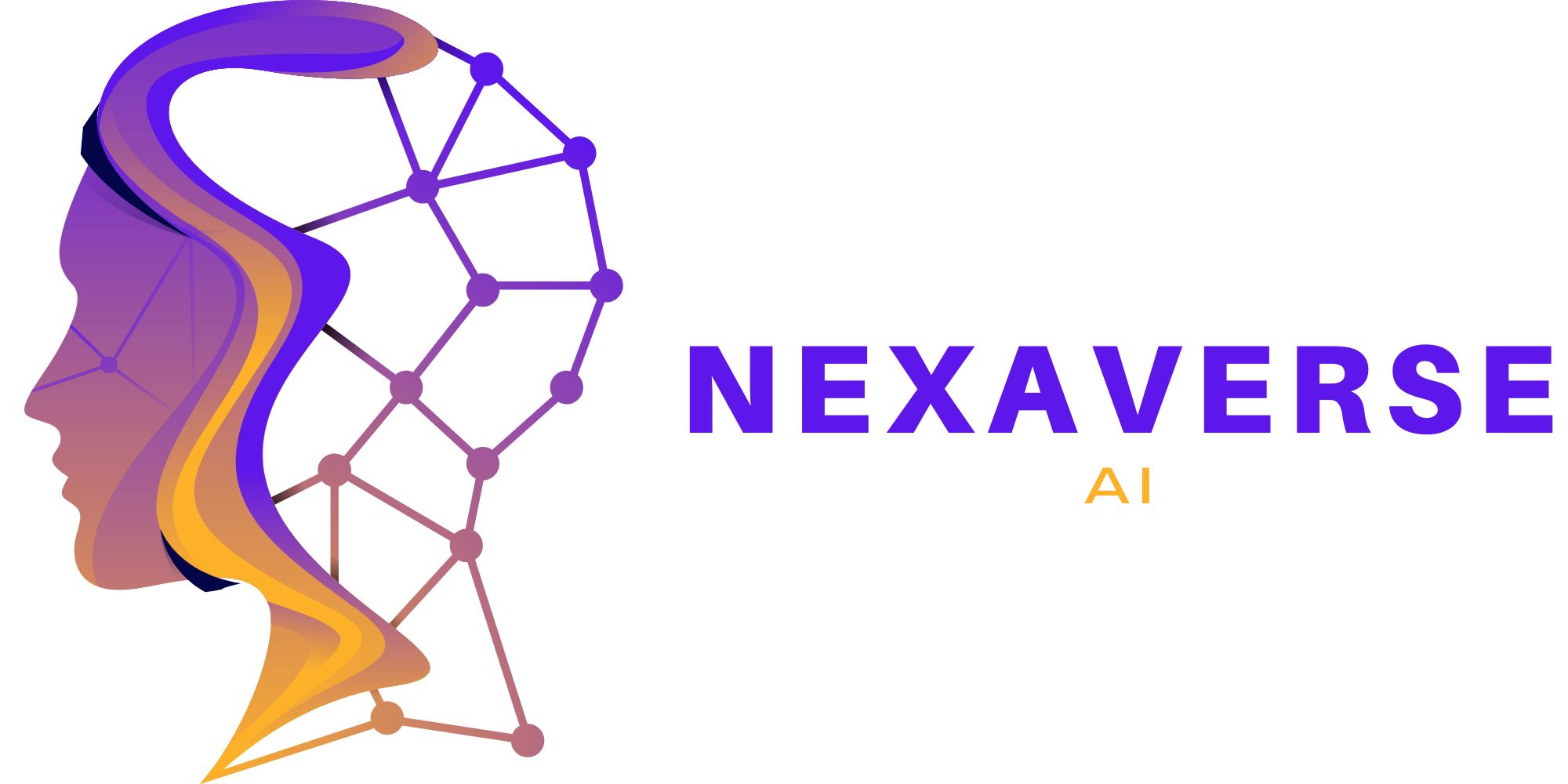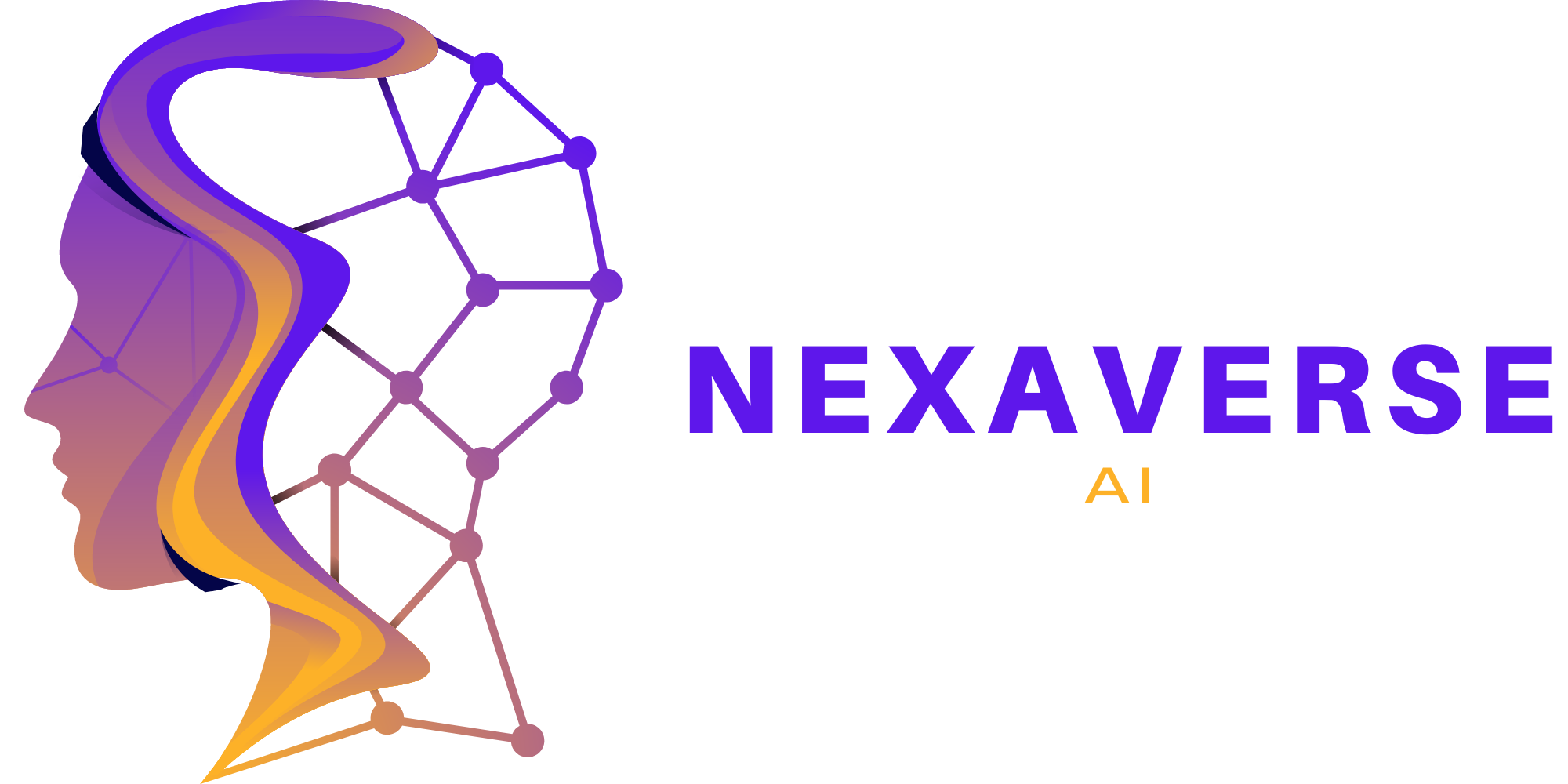AI in Healthcare: Revolutionizing the Medical Industry
Discover the transformative power of AI in healthcare as it revolutionizes diagnostics, treatments, and patient care. Learn about the applications, benefits, challenges, and future prospects of AI in the medical industry.

Transforming Healthcare with Artificial Intelligence
In recent years, artificial intelligence (AI) has been making remarkable strides in various industries, and healthcare is no exception. The integration of AI technologies in healthcare has the potential to revolutionize the medical industry, improving patient outcomes, streamlining processes, and enhancing healthcare delivery. This comprehensive blog post dives into the advancements and impact of AI in healthcare, exploring its applications, benefits, challenges, and future prospects.
Advancements in AI for Healthcare
AI is revolutionizing healthcare by enabling faster and more accurate diagnoses, personalized treatments, and predictive analytics. With AI-powered imaging technologies, doctors can now detect diseases like cancer at an early stage with higher accuracy. Machine learning algorithms analyze medical images to identify patterns and anomalies that may go unnoticed by human eyes, aiding in early detection and treatment planning. Additionally, the use of AI in genomics and precision medicine is helping tailor treatments based on an individual's genetic makeup, leading to more effective and targeted therapies.
Bold statement: AI is transforming the way healthcare professionals diagnose, treat, and prevent diseases.
By leveraging AI, healthcare providers can harness vast amounts of patient data to gain valuable insights and improve treatment outcomes.
Applications of AI in Healthcare
- Automated medical diagnosis and decision support systems
- Virtual nursing assistants for patient monitoring and care
- Predictive analytics for disease outbreak detection
- Robotic-assisted surgeries and precision robotics
Enhancing Patient Care and Outcomes
AI-powered chatbots and virtual assistants are transforming patient care by providing personalized recommendations and answering common medical queries. These virtual healthcare assistants can triage patients, provide basic medical advice, and connect patients with healthcare professionals when necessary. AI is also being used to monitor patients remotely, detecting early warning signs and preventing readmissions. With AI-driven predictive analytics, healthcare providers can identify patients at high risk of developing certain conditions, enabling proactive interventions and personalized care plans.
Challenges and Ethical Considerations
While the potential of AI in healthcare is vast, it also presents challenges and raises ethical considerations. The accuracy, reliability, and bias in AI algorithms need to be carefully addressed to ensure patient safety and avoid disparities in healthcare delivery. Additionally, there are concerns regarding data privacy, patient consent, and the potential job displacement of healthcare professionals. Striking the right balance between human expertise and AI technology is crucial for realizing the full potential of AI in healthcare.
Future Prospects and Conclusion
As technology continues to advance, the future of AI in healthcare holds great promise. The integration of AI with other emerging technologies such as Internet of Things (IoT) and wearable devices can further enhance patient monitoring, preventive care, and remote healthcare delivery. AI-powered drug discovery and clinical trial optimizations can accelerate the development and approval of life-saving medications. However, careful regulation, collaboration between healthcare providers and technology experts, and continuous evaluation of AI systems are essential to realize these benefits while addressing the challenges and ethical considerations.
In conclusion, AI is playing a transformative role in the healthcare industry, revolutionizing the way diseases are diagnosed, treated, and prevented. From improving patient outcomes to streamlining healthcare processes, the integration of AI technologies holds immense potential. However, it is crucial to address challenges such as algorithm accuracy, bias, and ethical considerations to ensure responsible and equitable use of AI in healthcare. With careful regulation, collaboration, and continuous advancements, AI has the power to reshape the future of healthcare, benefiting patients and healthcare providers alike.
Frequently Asked Questions (FAQs)
Q. How can AI improve patient diagnostics?
A. I algorithms can analyze medical images and detect patterns or anomalies that may be missed by human eyes, aiding in early and accurate diagnoses.
Q. What are the ethical considerations of AI in healthcare?
A. Ethical considerations include ensuring algorithm accuracy, addressing bias, protecting patient data privacy, obtaining informed consent, and avoiding job displacement of healthcare professionals.
Q. What are some future prospects of AI in healthcare?
A. The future of AI in healthcare includes advancements in remote patient monitoring, preventive care, AI-powered drug discovery, and clinical trial optimizations.
Note: The deployment of AI in healthcare should always prioritize patient safety, privacy, and ethical considerations.




